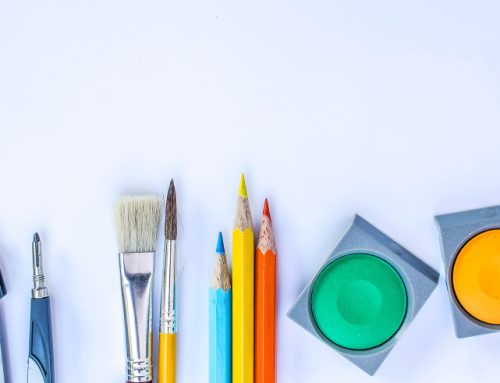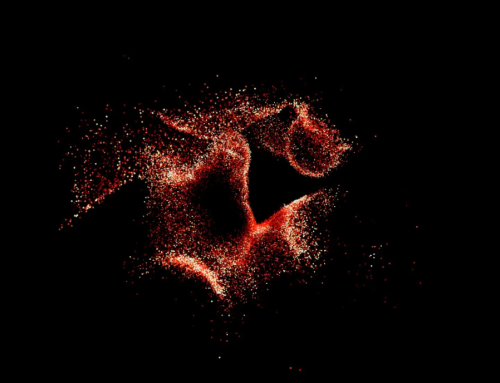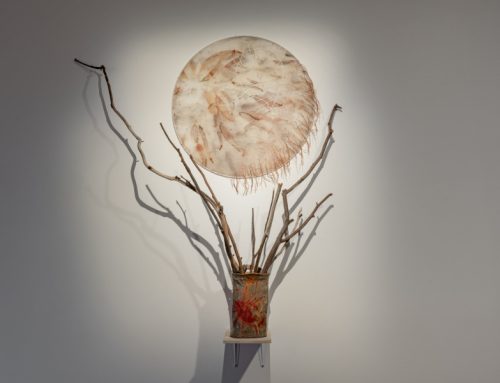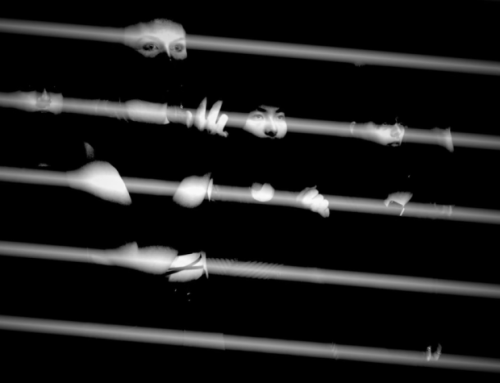
FaceReader software used in research by Dr. Garrido and team to investigate the effects of music on the mood of people living with dementia.
The Westmead Innovation Quarter at Western Sydney University was recently the scene of great enthusiasm as academics, health professionals, policy makers, med-tech experts and philanthropists came together to celebrate the launch of the music-based smartphone app, ‘MoodyTunes’ as part of a showcase of Arts & Health research being conducted at Western Sydney University.
‘MoodyTunes’ was developed by researchers at Western Sydney University to turn music listening into a tool that can help young people to better understand and manage their moods. The interactive app was co-designed by young people and a team of researchers led by Dr. Sandra Garrido from the MARCS Institute for Brain, Behaviour & Development at Western Sydney University in collaboration with NSW Health, the Mental Health Commission of NSW, Black Dog Institute, IdeaBox, UNSW and UTS. The app was officially by The Hon Bronnie Taylor MLC, The Minister for Women, Regional Health and Mental Health and the NSW Mental Health Commissioner, Catherine Lourey.
The event also included a showcase of other Arts & Health research being conducted at Western Sydney University. An interactive hopscotch game by Dr. Nicole Peel highlighted her research into the use of everyday behaviours and leisure activities for positive health outcomes.

 Dr Joyce Siette and Laura Dodds’s interactive art display took attendees on an immersive journey to highlight and educate about misconceptions of ageing, and present visualisations on what it means to age successfully. Viewers could take a card at the end of the exhibit to challenge them to take part in healthy ageing, art-based activities. This exhibit will be displayed in multiple locations in 2023. Email joyce.siette@westernsydney.edu.au for more information or if you’d like to display it at your venue.
Dr Joyce Siette and Laura Dodds’s interactive art display took attendees on an immersive journey to highlight and educate about misconceptions of ageing, and present visualisations on what it means to age successfully. Viewers could take a card at the end of the exhibit to challenge them to take part in healthy ageing, art-based activities. This exhibit will be displayed in multiple locations in 2023. Email joyce.siette@westernsydney.edu.au for more information or if you’d like to display it at your venue.
A virtual reality training simulator was also popular with attendees. A/Prof Anton Bogdanovych and A/Prof Alwin Chuan have developed this training simulator for medical interns practicing ultrasound-guided regional anaesthesia. This procedure is complex and usually requires intense training, but the use of VR makes training future doctors safer and more cost efficient.
The showcase also featured a number of films, two by staff from the School of Nursing at Western Sydney University led by Dr. Diana Jefferies, exploring the use of theatre and drama to promote wellbeing in the workplace, and for nurses in training to reflect on their own attitudes towards people with mental ill health (https://www.youtube.com/watch?v=cxrxkxUAzaA and https://youtu.be/Zsk_SZp4HB4).
A film by Prof Dafna Merom and student Martha Waugh displayed the use of a social dancing program for older people in 23 retirement villages around NSW, highlighting some of the perceived barriers and facilitators to engaging in dance in later life.

A/Prof Anton Bogdanovych demonstrating the VR training simulator to an attendee at the event

Also on display was a set of resources developed by Dr. Sandra Garrido and team to help carers understand how to use music to support people living with dementia who experience changes in mood and behaviour. Dr. Garrido and team have used FaceReader software to assess the effects different music has on the mood of people living with dementia, and on the basis of this research have developed evidence-based guidelines, online training and a website to streamline the process of creating personalised playlists. (www.musicfordementia.com.au)
Music was also featured by PhD student Anita Connell, in a demonstration of her interactive music learning program to support healthy ageing for older adults. Anita’s research compared a creative improvisational play group with an active control group engaged in a traditional music education program. Both programs realised cognitive and socio-emotional benefits. Attendees could also use a body map as part of a demonstration by Dr. Samantha Ryan and PhD student Susan Manners of their work on exploring women’s experiences of the premenstrual body in the context of body dissatisfaction and body-management behaviours (Dr. Ryan), and the experiences of women, trans and gender diverse people in negotiating contraception (Susan Manners).





